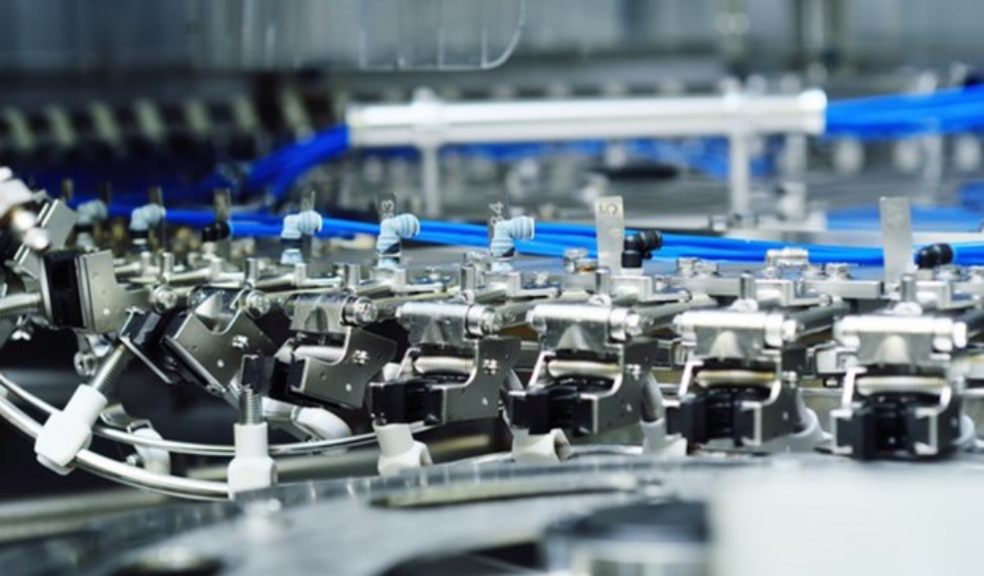
How bulk bag Filling Systems Fit into Industry 4.0
Upgrading your manufacturing facility to integrate Industry 4.0 equipment is no longer just a move for a competitive advantage. Today, upgrading equipment and implementing technology is necessary to survive in a competitive manufacturing environment. For consumer products manufacturers, bulk bag filling systems are one of the primary Industry 4.0 tools used to optimize production output.
Bulk bag filling systems are used by nearly every major consumer products manufacturer whose products require bag filling. No major company is relying on manual filling or single-stream bag filling machines to meet their demand. The reasons they are switching to bulk bag filling systems is because these advanced systems help streamline the production process, speeding up production times and saving costs along the way.
Saving Time is Making Money
Ture to their name, bulk bag filling systems can fill multiple different product’s bags at once. Filling in bulk exponentially speeds up the production timeline. This is essential for growing businesses, as production lead time is a major considering factor when buyers are deciding between suppliers. Being competitive with lead times will undoubtedly help a business grow and expand.
Increased production speed means that your facility will be able to produce more goods and thus service more customers. This extra revenue into your business is not offset by rising costs; rather, the cost of the machine will be almost immediately absorbed by the new revenue, thus leading to rising profits.
Some bulk bag filling systems will have the capability to fill bags with multiple different products, even further helping improve operational efficiency. Systems like this that are integrated with Industry 4.0 technology are fully designed to make manufacturing faster and more efficient.
Integrate Everything
Automation is such a revolutionary movement because it promises to improve manufacturing speed by many multiples without sacrificing product quality. One of the main ways automated systems achieves this is through full systems integration.
Integrated systems communicate with each other and use advanced algorithms to find the most optimal solution to a manufacturing problem. A fully integrated automation system for a potato chips manufacturer could look like this.
Potatoes are weighed by a machine calibrated to only take a certain weight. The potatoes are moved to be washed and peeled, during which time the washing and peeling system tells the potato weighing system to get more potatoes and alerts the cutting machine that more are coming in.
This process repeats throughout the whole process until bagging. Potato chips are bagged in the right packaging by a bulk bag filling system, then inventoried into a system automatically. This system then cross-references the inventory on hand with the sales demand and prepares to manufacture the products it needs to full the demand. Should any raw materials be needed, the system automatically reorders them through the supplier.
It’s no secret why Industry 4.0 systems are so valuable; they have changed the game so much that everyone needs to change with it.













